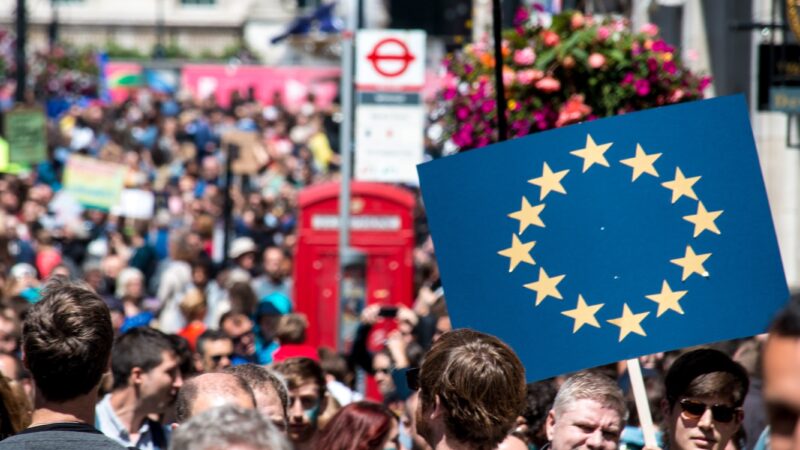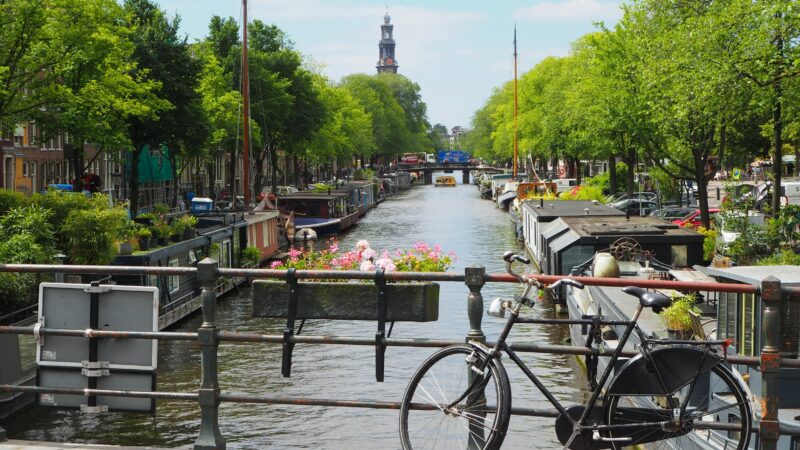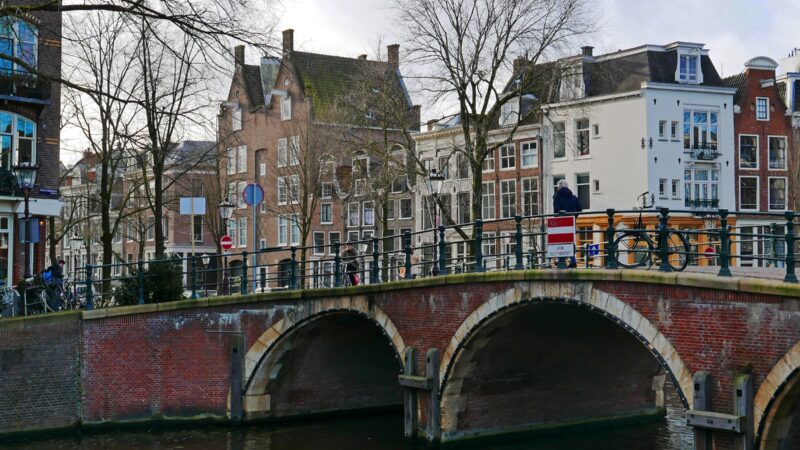Ride (read) or Die: 2023 Book Report (Part II)
Following on from last years experiment of attempting to read at least 10 pages of a book a day to increase my reading, I found it thoroughly enjoyable and wished to continue my reading journey in 2023. About halfway through last year, a friend of mine suggested to me that the 10 pages target could be detrimental to my overall reading, as it would encourage me to simply put the book down after just 10 pages (something I later realised it was doing). This year, I chose to do away with the 10 pages target and have decided to just make a pledge to read every day. In the first week of the year, I have already read considerably faster than last year, so I think perhaps my friend was on to something.
I also realised, reading back on last years review scores, that I was a very generous reviewer. I think this was because I did not have enough experience to know what made a book good or bad. I hope that my reviews can be more reflective of the overall reading experience this year.
Book 6: Memoirs of a Kamikaze by Kazuo Odachi
Read from: 20/02/2023 to 23/04/2023
Rating: 5/5
I only came upon this book by accident whilst watching a video essay about Kamikaze pilots during the second world war. It was used as source material for the video, and was referenced frequently throughout. The gripping title alone was enough to get me interested in the story, and at the time I was in a bit of a frenzy of purchasing Japanese authored books (this can be seen in the chunk of Japanese books I reviews last year). Certain to say, I was amazed at the quality of this book, and the incredibly interesting story that it told.
The book was written by Kazuo Odachi, a now 96-year-old former Japanese fighter pilot who, after almost 70 years of silence on the matter, decided to tell his story in becoming a Kamikaze. The book details his childhood, and how growing up in a rural area of Japan meant that his main amusement was laying in tall grasses watching pilots train at the local aerodrome. At this age he would also discover the Japanese martial art of Keno, something which he talks about at great length in the latter half of the book, and clearly has had a huge impact of him. When the war began, he was still only a boy, and so he was only able to join up quite close to the end of the war. A very gifted young man, he was selected to become a fighter pilot, and would spend considerably time in the pacific engaged in various fighting missions.
Kazuo explains how, as the war began to turn against Japan, he – along with many of his friends – were forced to volunteer to become kamikaze pilots. He explains in painful detail the events which unfolded around them, and how they were powerless to decline the request to engage in suicide missions. Much mystery surrounds the motivations of Kamnikaze pilots, but Kazuo repeatedly states that no one actually wanted to be made to do it, but felt that it was the right course of action to preserve Japan and keep the country safe. He reflects on this a lot in the later half of this book, and states repeatedly that he lives his life to the fullest in honour of the men who gave their lives before him. Flying 8 unsuccessful Kamikaze missions (more common then you would think), Kazuo also goes over how lucky he feels to be alive and how easily it could have been him dead instead.
The second half of the book covers his life post-war, his time as a policeman and dealing with Tokyo’s criminal gangs. He also talks in great depth of his love of Kendo, and how he still continues to practice the martial art, even in his advanced old age.
I really enjoyed this book, it gave a very insightful view into a point in history which is cloaked in misinformation and ignorance of understanding. Kazuo eloquently and expertly paints a vivid picture of his experiences, and does not shy away from his more controversial opinions on the events that unfolded in his time before, during, and after the war.
I would thoroughly recommend this book to anyone interested in the history of Japan, the second world war, and especially anyone who wishes to know more about the motivations and feelings of the young boys sent off to die in Kamikaze missions. I would posit that it is also helpful in understanding the mindset of those people who commit contemporary suicide attacks today. An excellent read!
Book 7: Macbeth by William Shakespeare
Read from: 23/04/2023 to 04/05/2023
Rating: 4/5
I found this book at the bottom of my brother’s old school bag whilst we were cleaning out the attic, safe to say it had been left there for quite a long time, probably around 5 years at this point. I am remarkably pleased that I came upon this old schoolroom copy because it came with a handy study/reading guide alongside it which added more historical and literary context to what was being said. I am glad for this because, as I am sure you can understand, a lot of what Shakespeare writes is not always easy to decipher given the differences between contemporary modern English and Tudor English – lots of ‘thys’, ‘thous’, and ‘thees’ can get a bit tedious after a while. If you’re going to try and read this, and you aren’t fluent in Tudor English, I would recommend finding a copy that comes with a study guide.
A thrilling tale with many twists and turns, Macbeth showcases Shakespeare’s ability to subvert the expectations of the reader (or viewer, as this is supposed to be a theatrical performance, not really a novel). The tale of Macbeth is based in medieval Scotland, and follows the titular Macbeth and his wife, as he navigates his options after being promised that he, but not his children, would become King of Scotland by three witches. Driven mad by their prediction, Macbeth’s attempts to secure Kingship and then ensure that his hypothetical children do proceed to be monarchs themselves, have tragic results. In a futile attempt to both secure and then change his own destiny, he betrays himself and everyone around him.
I wont spoil any major details of the story, at the very least because you were probably taught them at school at one point or another. I would instead like to talk briefly about the importance of this book for the English literary tradition and culture which it represents. Indeed, we often take for granted just how much of our contemporary understanding of ‘what makes a good plotline’ comes from Shakespeare and his influences at the time. The mans work stands high above contemporary work of its time, and it would be easy to forget just how ahead of his time he really was. His work stands as a testament to his genius, and to this day still casts a large shadow over what we consider a good or bad story. This is remarkably impressive for a man who lived a half a millennia ago.
Reading Macbeth, much like reading any of Shakespeare is a lot like learning Latin. You might not enjoy it; it’s very confusing; and a lot of the time you are left wondering what in the world anyone is talking about; but at the very least, it can give you a good and grounded understanding of the history of your own language, where certain tropes come from, and how you could use them yourself more often in your own speech.
Overall, I would recommend this book. I am disappointed that I never got to study it at school, and I am glad that I have been able to read it now instead.
Book 8: The History of the Spurn Point Lighthouses by G de Boer
Read from: 04/05/2023 to 18/05/2023
Rating: 4/5
I appreciate just how incredibly niche and uninteresting this book must seem to the average reader. I would argue that it is even less relevant than the ‘Trans-Siberian Rail Guide’ book which I read and reviewed last year (which was written to give directions to western travellers boarding the now obsolete Soviet railway system). However, as someone who actually lives very close to Spurn Point with a keen interest in lighthouses (yes, I am that boring) I found it quite an interesting read.
The book, as the title suggests, details the history of the various lighthouse projects which took place on the Spurn Point (for those who don’t know, this is a large sand bank at the mouth of the Humber estuary) from the early 1600’s to the 1960’s (when the book was written).
I completely understand why this seems uninteresting at first glance; but the book, almost accidentally, ends up discussing more about the complex social and legal situations in place in Britain in the 17th, 18th, and 19th centuries than it does about the lighthouses themselves.
The book details the true stories of the various warring factions in British maritime trade politics: the three Trinity House guilds (London, Hull, and Newcastle); sea captains; wealthy merchants; land developers; fleets of solicitors; ambitious venture capitalists; the fading aristocracy; parliamentary meddlers; and even the King of England (not to forget Cromwell of course). It provides a genuinely interesting insight into all of these interest groups and their constant struggle for control over the land and waterways of England, framed nicely around the construction of a highly controversial lighthouse in a rather uncontroversial part of Britain.
Perhaps you aren’t particularly interested in the history of lighthouses on Spurn Point, but if you would like to learn a little bit more about the seemingly ridiculous and overcomplicated nature of competing factions in Britain from the 1600s onwards, I would sincerely recommend this book. It’s short, it refuses to ramble on endlessly, and it has some genuinely amusing moments tucked away inside.
Book 9: Dune (Dune #1) by Frank Herbert
Read from: 18/05/2023 to 22/06/2023
Rating: 5/5
A couple of years ago my dad mentioned that he was really excited to see the new Dune film that was coming out… I was amazed by this statement – my father has never expressed any interest in any film made after 1990, and I was absolutely shocked to see him genuinely excited about a new film. After a bit of prodding, I discovered that the Dune series were his favourite books, and that he still had all his original copies stuffed away in the loft somewhere. Intrigued by this revelation, I watched the Dune film when it came out, and also thoroughly enjoyed it.
A few months later, after seeing how much I had enjoyed the film, I was bought a copy by a friend, and it had been sitting on the shelf at home ever since. I have an immediate disgust reaction to long books, they remind me too much of the musty yellow paged old tomes on my grandmas book case which I was forced to read as a child to ‘practice my grammar’. Perpetually worried that, once I started reading it, it would take me months to complete, I was overjoyed when I found myself unable to put the book down. It was a thoroughly brilliant read, and I cannot recommend it enough.
The book is set in the very distant future, where man has conquered much of the known universe, and a neo-feudal system has been established to govern it. Computers which mimic humans (referred to as ‘thinking machines’) have been completely abolished, and humanity relies heavily on a drug-like substance known as ‘spice melange’ to achieve a heightened state of clairvoyance to navigate the stars. Three main power structures exist in the setting: The Emperor (an all powerful ruler), The Lansraad (a group of all the noble houses), and The Spacing Guild (an organisation of space navigators). They control shares in the ‘CHOAM Company’ which is the main source of the ‘spice’ which can only be found on the desert planet Arrakis.
Duke Leto Atreides is forced by the emperor to govern Arrakis and take it out of the control of his bitter rival, Baron Harkonen. After arriving, it becomes clear that he has been put into a trap, and the forces of the Harkonens are very much still in place on the planet. Leto’s son, Paul, must work with the planet’s natives, the Fremen, to defeat the Harkonens and secure the future of his noble house.
I could write pages and pages more about this story, but I have no intention of spoiling the plot for you. This book is fantastic and had me totally gripped by it for the month I was reading it. It lives up to the hype and is absolutely fantastic, definitely one worth reading.
Book 10: How to be a Conservative by Sir Roger Scruton
Read from: 23/06/2023 to 31/12/2023
Rating: 3/5
If you truly enjoy political theory and are interested in learning about small-c conservatism, I would recommend the book. Scruton clearly and (somewhat) briefly lays out the case for it here. He uses it to discuss the truths in Socialism, Capitalism, and conservatism – which he seems to perceive as a middle ground between the two.
This book took me almost 6 months to read because large sections of it are painfully boring. I was devastated by how much of a slog fest this piece has been to get through. After finding myself unable to pick this book up, I let myself slide and just started reading the other books in my collection at the same time instead – something I have never done before.
I had the same reaction reading Marx and other political theory books last year and in the past. I just couldn’t bring myself to carry on. I find the subject extremely boring. I think my personal issue lies in the fact that these types of work are by no means fictitious but are also not truly non-fiction. Theory seems to lie in a cursed middle ground of quasi-non-fiction which I just don’t care for.
Some aspects of the book are genuinely very interesting – Scruton discusses his time in Communist Czechoslovakia before the collapse of the USSR dodging the StB secret police and giving lecturers to disenfranchised ‘pro-democracy’ students in attics; which was an insightful moment. He talks a lot about the importance of good aesthetics and beauty in public life, which was a refreshing chapter to read through. Unfortunately, the rest of the book comes across as a bit of a snooze-fest. He himself admits that it is difficult to make conservatism sexy, and this book is certainly a confirmation of that.
As stated at the beginning, I would recommend the book if you are genuinely passionate about political theory. Otherwise, it might be best to give it a miss. A friend of mine joked with my whilst I was reading it that “It’s a great book to quote from, not one to actually read”, and I think he is more or less correct about this.
This is the second installment in a three-part series. Follow The Mallard for part three!










